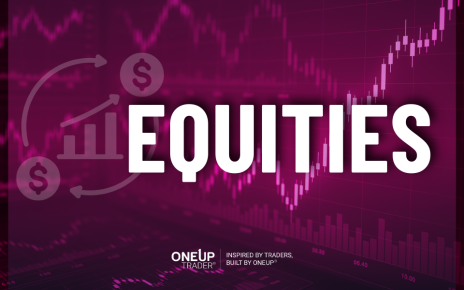- Investors are awaiting this week’s hearing of Federal Reserve Chair Jerome Powell.
- Investors will be watching for clues about the Fed’s trajectory for rate increases.
- European Central Bank officials defended the necessity for additional interest rate increases.
US equities showed minimal movement on Monday, finishing barely above their session lows. Investors were preparing for this week’s Fed Chair Jerome Powell’s testimony and the February employment report.
The major indices appeared much stronger earlier in the session, with the Nasdaq rising by more than 1% at one point before progressively shedding its gains. The biggest lift came from Apple Inc., the maker of the iPhone, after Goldman Sachs gave the stock a “buy” rating.
Equities, however, gave up earlier gains as rates on 10-year Treasury notes and 2-year Treasuries recovered from early dips. The recovery followed data that showed new orders for American-made goods fell less than anticipated in January.
As bond yields go up, the value of expected future cash flows decreases, which hurts equity valuations, especially those of growth and technology stocks.
The three major US stock indices rose on Friday and registered weekly gains as remarks from Fed policymakers eased concerns about aggressive rate increases.
Fed’s Mary Daly, however, warned on Saturday that if inflation and labor market data keep coming in hotter than anticipated, interest rates may need to rise and remain there for a more extended period.
When Powell appears before Congress on Tuesday and Wednesday, investors will look for hints about the Fed’s trajectory for rate increases in the future.
On Monday, European shares lost their initial momentum after European Central Bank officials defended the necessity for additional interest rate increases. Investors also assessed the weaker-than-expected recovery in January retail sales in the Eurozone.
The STOXX 600 index was flat after posting its best week since the year’s start last week. However, the rally from January has moderated.
Chief Economist Philip Lane anticipates more rate hikes from the ECB in the upcoming months despite signs of easing pricing pressures. At the same time, Austria’s central bank’s chief economist Robert Holzmann believes that at its next four meetings, the bank will have to increase interest rates by 50 basis points.
Data on Monday revealed that January’s retail sales in the Eurozone grew 0.3% m/m. However, they decreased by 2.3% y/y, highlighting the weaker consumer demand.



